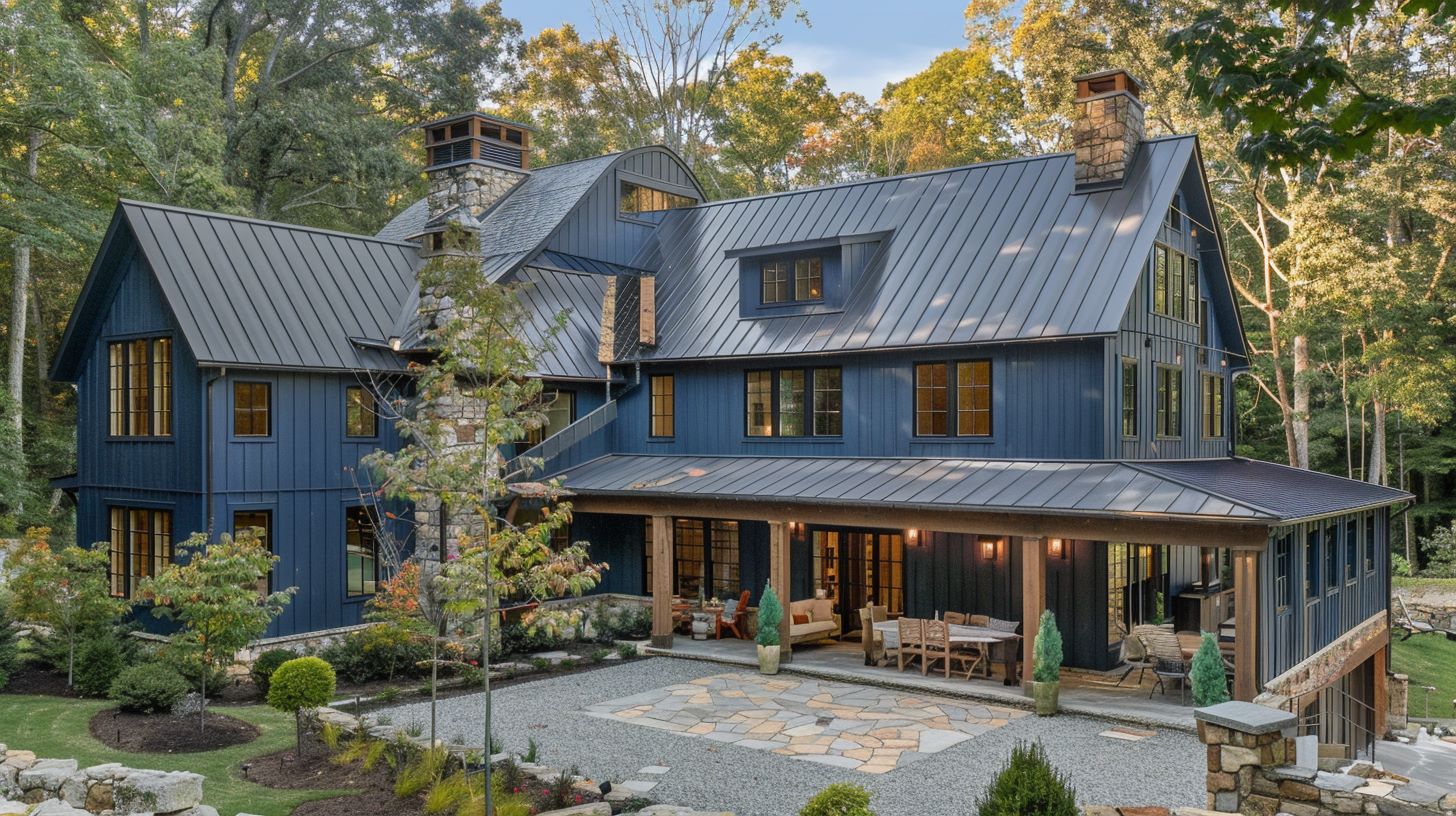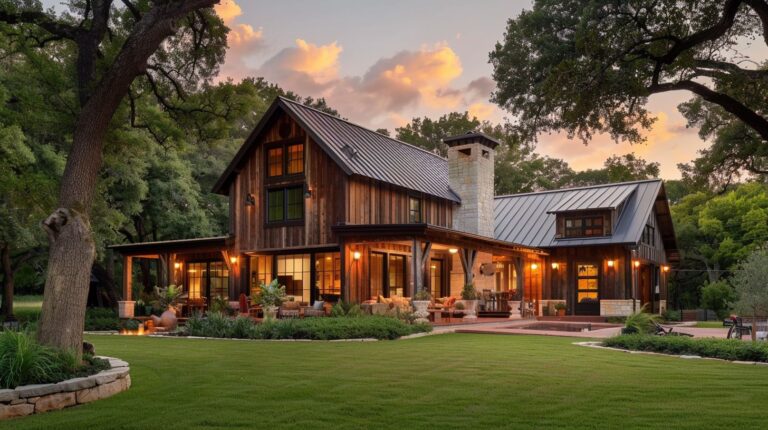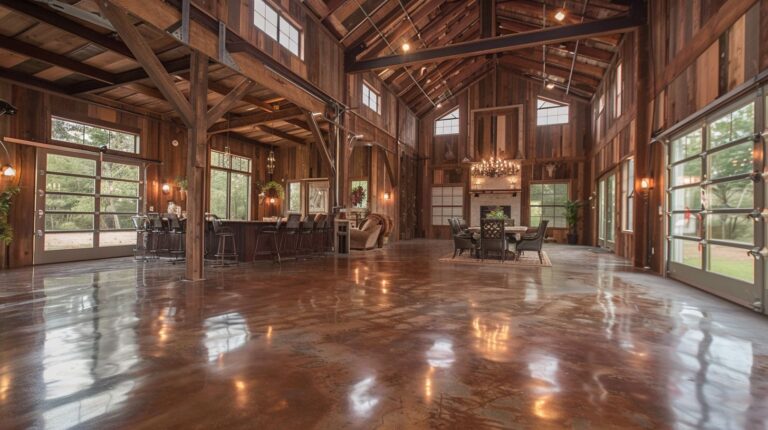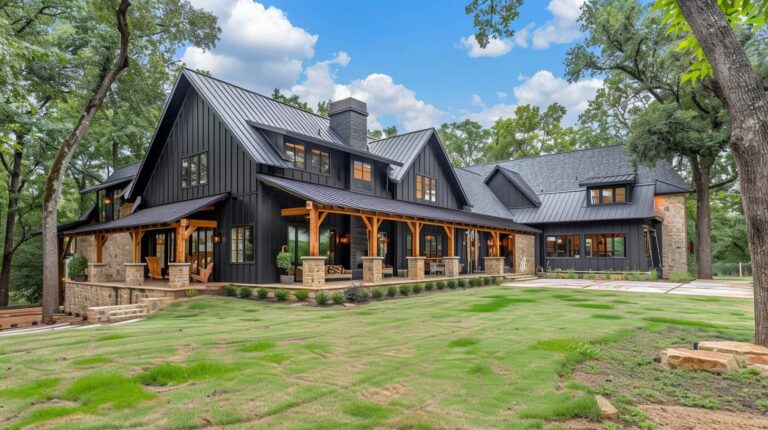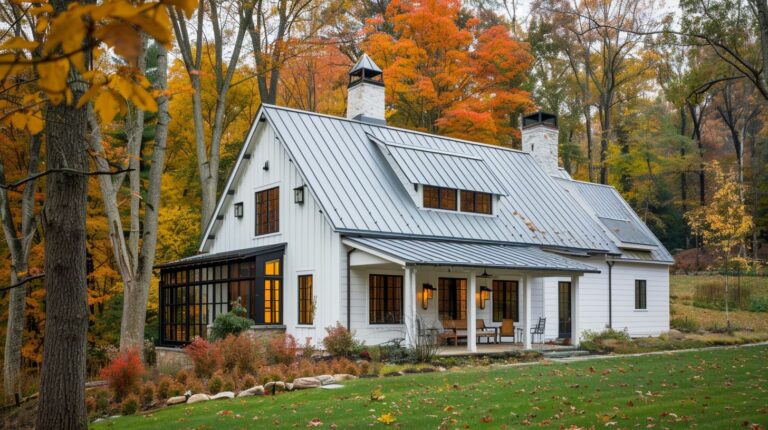Barndominium Tax Advantages
Barndominiums, blending the rustic charm of barn architecture with the comforts of a condominium, have grown significantly in popularity as an innovative housing option.
Their unique structure not only provides a customizable and versatile living space but also offers several tax advantages that can enhance their appeal as a cost-effective investment.
Let’s delve into these tax benefits to understand why choosing to build a barndominium might be a financially savvy move.
(Note: This article is meant to serve as a general guide. It’s always important to consult a local tax professional before making any major financial decisions as laws may vary by geographic region).
Key Takeaway Table
| Tax Advantage | Description | Potential Benefit |
|---|---|---|
| Lower Construction Costs | Barndominiums typically cost less to build than traditional homes, leading to reduced property tax assessments. | Reduced property taxes due to lower initial valuation. |
| Agricultural Use Deductions | Portions of the barndominium used for agricultural purposes may qualify for tax deductions. | Lower taxable income for those engaged in qualifying agricultural activities. |
| Energy Efficiency Incentives | Tax incentives for incorporating energy-efficient features into the home. | Tax credits or deductions for energy-efficient improvements. |
| Depreciation Benefits | Possibility to claim depreciation on parts of the property used for business purposes. | Reduced taxable income through depreciation deductions. |
| Property Tax Exemptions | Potential for exemptions or reduced rates in certain areas, especially for dual-use properties. | Lower property tax bills through exemptions or reduced assessments. |
| Home Office Deductions | Deductions for homeowners operating a business from their barndominium. | Deductions for a portion of home-related expenses used for business. |
| 1031 Exchange Opportunities | Ability to defer capital gains taxes by reinvesting the proceeds from a sale into another investment property. | Deferred capital gains taxes, preserving investment capital. |
| Insurance Premiums and Associated Taxes | Lower insurance costs due to durable construction and reduced risk profile. | Potential for lower overall ownership costs, impacting associated taxes. |
Lower Construction Costs and Property Taxes
One of the most significant tax advantages of barndominiums stems from their lower construction costs compared to traditional homes. This cost-effectiveness can lead to reduced property taxes since many jurisdictions assess property taxes based on construction cost.
Additionally, the design flexibility of barndominiums allows for parts of the structure that are not heated, such as barns or workshops, to potentially be excluded from property value assessments, further lowering tax obligations.
Agricultural Use Deductions
Barndominium owners utilizing part of their property for agricultural purposes might be eligible for tax deductions.
This advantage is particularly beneficial for those engaged in farming or ranching, offering a way to reduce taxable income through deductions specific to agricultural use.
Energy Efficiency Incentives
Many local jurisdictions encourage energy-efficient home improvements by offering tax credits or deductions.
Barndominiums can be designed with features like superior insulation, energy-efficient windows, and solar panels, which not only reduce energy consumption but may also qualify homeowners for these beneficial tax incentives.
Depreciation Benefits
For those who use part of their barndominium for business purposes, such as a home office or rental unit, there may be opportunities to claim depreciation deductions.
This can decrease taxable income by accounting for the property’s depreciation, assuming the space meets certain criteria for business use.
Property Tax Exemptions and Appeals
In some areas, barndominiums may qualify for property tax exemptions or reduced rates, particularly if they serve dual agricultural and residential purposes. Additionally, owners have the right to appeal property tax assessments they believe are too high, potentially leading to further tax savings.
Home Office Deductions
Operating a business from a barndominium could make homeowners eligible for home office deductions, covering a portion of mortgage interest, property taxes, and other related expenses.
This is contingent on the home office meeting specific IRS requirements.
1031 Exchange Opportunities
Selling a barndominium and reinvesting in another income-generating property could allow owners to defer capital gains taxes through a 1031 exchange.
This tax strategy is applicable if the proceeds are reinvested in similar property types within certain time frames.
Insurance Premiums and Associated Taxes
Barndominiums can also lead to lower insurance costs due to their durable construction and reduced risk profile. These lower insurance premiums, in turn, impact the overall cost of owning a barndominium, potentially affecting associated taxes.
In conclusion, while barndominiums do attract property taxes similar to traditional homes, their unique characteristics and uses can unlock a range of tax advantages.
From lower construction costs leading to reduced property tax assessments to potential deductions for agricultural use and energy-efficient upgrades, barndominiums present an appealing option for those looking to maximize their investment’s financial benefits.
It’s crucial for potential barndominium owners to consult with tax professionals to navigate the specific tax laws and opportunities in their area, ensuring they fully capitalize on these advantages.

